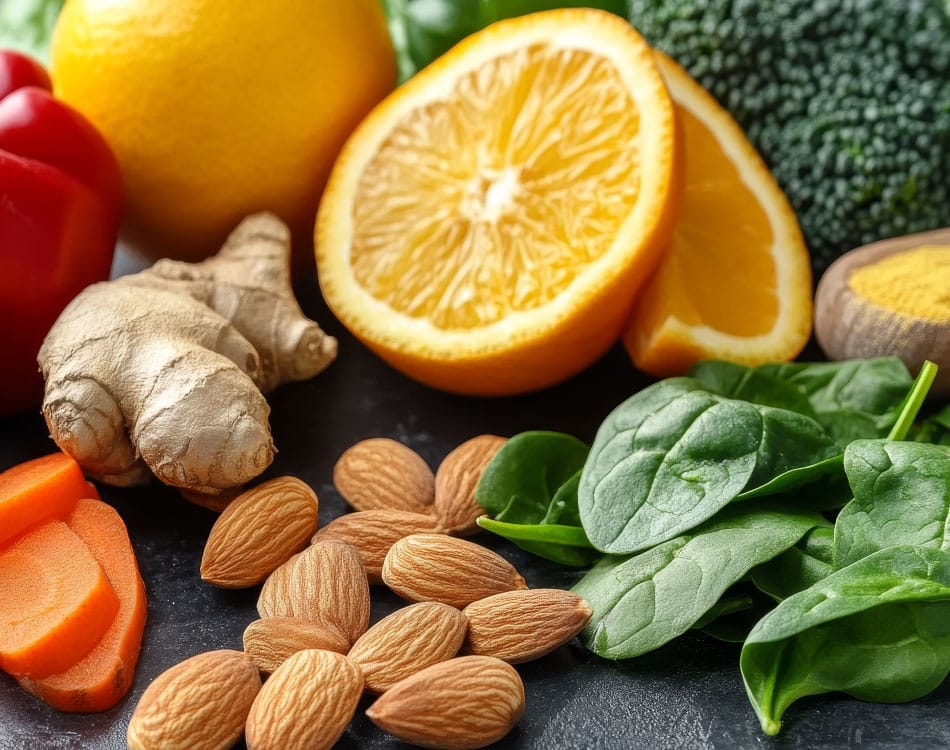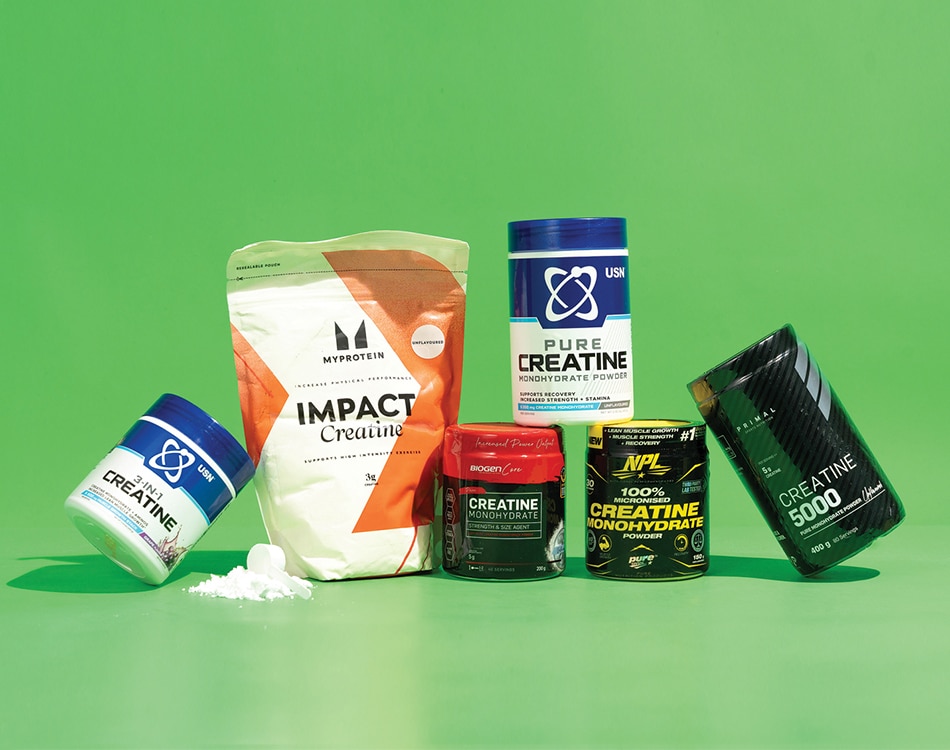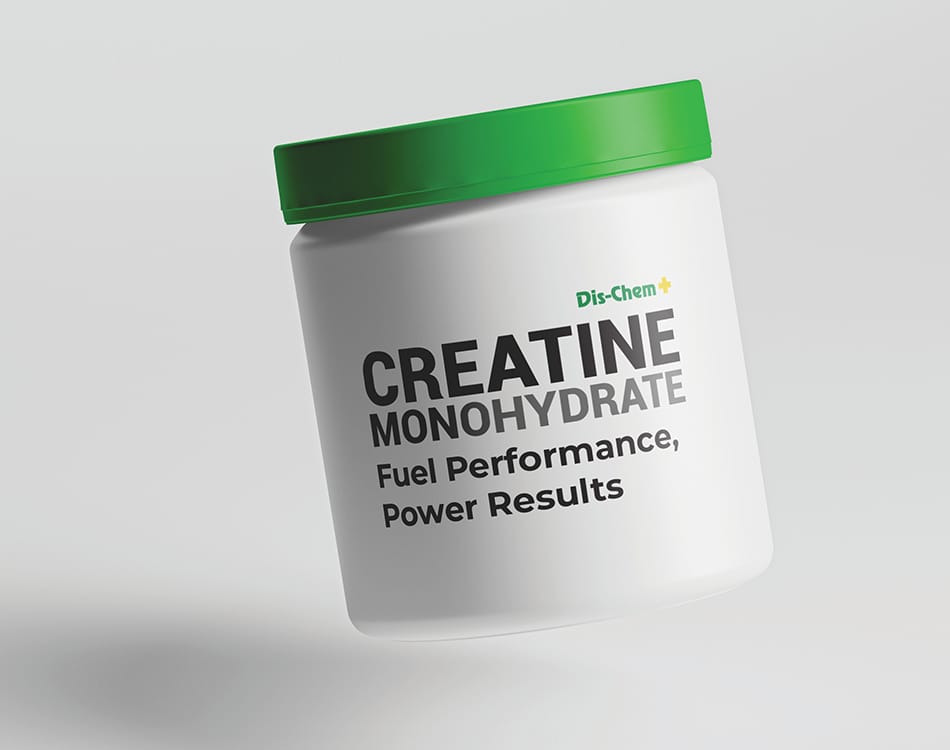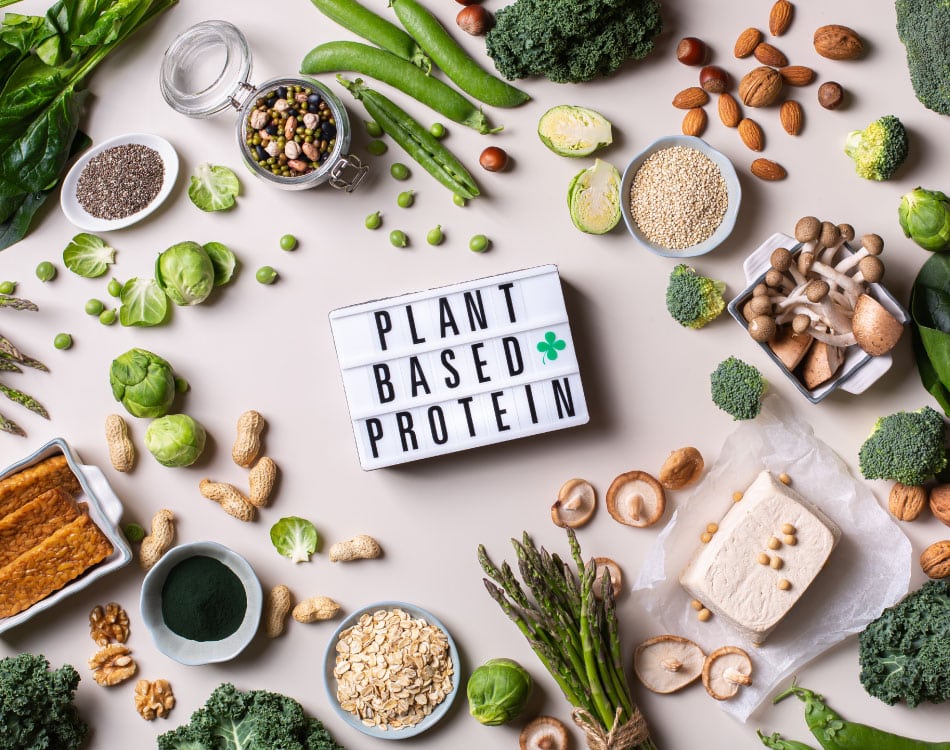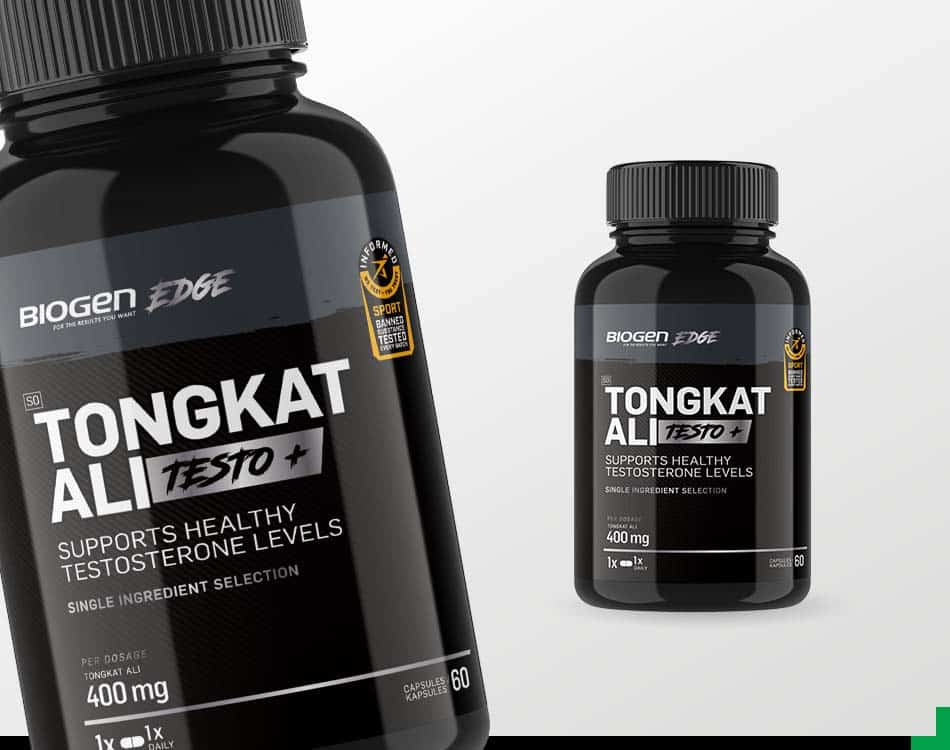A lot of the information and advice you’ll read about the best supplements for immunity generally focuses on how best to boost your immune system to prevent the flu.
But what happens when, despite your best efforts, you fall victim to a seasonal cold or flu virus?
READ MORE | 5 Tips To Help You Bounce Back From The Flu Sooner
The path to a quicker recovery
When we’re struck down by a cold or flu, we all want to recover as quickly as possible and get back to our normal routines.
While rest, hydration, and a nutritious diet are essential for a speedy recovery, certain supplements can provide an extra boost to support your body’s natural immune response and potential shorten the time it takes to get over the infection.
If you get sick, consider these supplements for their research-backed1 immune-boosting properties and their potential to speed up your recovery from cold and flu viruses.
-
Vitamin C
While many people take vitamin C as a proactive preventative measure during winter, it is actually one of the most renowned micronutrients for its ability to support the immune system while fighting an infection.
Vitamin C plays a crucial role in enhancing the function of various immune cells, including neutrophils, lymphocytes, and phagocytes.
Studies have shown that taking additional vitamin C can reduce the duration and severity of cold symptoms, with one review2 showing that people who supplemented with vitamin C every day could “shorten the amount of time that people were ill by about 10 percent” and that “cold symptoms were also a bit milder in people who always took vitamin C”.
Ideal sources of vitamin C include citrus fruits, berries, and green leafy vegetables, but for a more concentrated dosage, supplements offer a convenient option.
-
Zinc
Zinc is a mineral that contributes to a strong immune system and plays a vital role in numerous physiological processes.
It has been shown to inhibit the replication of viruses, and a 2020 study3 showed that zinc supplementation could potentially reduce cold duration by 2.25 days. In this regard, zinc supplements are most effective when taken within 24 hours of symptom onset4.
Good dietary sources of zinc include meat, including beef, lamb, and pork, legumes, whole grains, nuts, dairy, shellfish, and eggs.
Zinc picolinate and zinc monomethionine/aspartate (ZMA) are two highly bioavailable forms of zinc found in supplemental form for oral ingestion.
However, it is important not to exceed the recommended dosage, as excessive zinc intake can have adverse effects and may interact with medications, including antibiotics and penicillamine, so speak to your doctor about the ideal treatment plan.
-
Vitamin D
Vitamin D plays a critical role in immune function by helping to regulate the immune response and supports the production of antimicrobial peptides that fight viral and bacterial infections.
As our bodies produce vitamin D primarily from exposure to sunlight, it is often necessary to take a supplement during the colder months when sun exposure is limited as we spend more time indoors and limit skin exposure when outside,
According to the findings from a 2021 meta-analysis5 , supplementing with vitamin D reduced the risk of acute respiratory tract infections and shortened the duration of symptoms.
-
Coenzyme Q10
According to emerging research6, Coenzyme Q10 (CoQ10) plays a significant role in supporting the immune response.
As a potent antioxidant in the body, CoQ10 helps to neutralise free radicals and reduce oxidative stress, which helps protect immune cells from damage and supports their optimal functioning.
Additionally, CoQ10’s antioxidant properties help protect cells from viral damage, assisting in the prevention and control of viral replication.
CoQ10 is also essential for the energy production within immune cells, particularly lymphocytes, which are critical for proper immune function. Lymphocytes include T cells, B cells, and natural killer (NK) cells, which play key roles in identifying and eliminating pathogens.
You can get CoQ10 through certain foods like organ meats, fish, and nuts, with supplements serving as a potentially beneficial and convenient option, especially for anyone with low CoQ10 levels.
-
Probiotics
Probiotics are beneficial bacteria that promote a healthy gut microbiome and support a robust immune system. They help maintain the balance of good bacteria in the digestive tract, which is essential for optimal immune function.
Research suggests that probiotics may help to alleviate symptoms associated with the common cold and reduce its duration.
In one systematic review7, researchers found evidence from numerous good-quality randomised controlled trials that “probiotics reduce the duration of illness in otherwise healthy children and adults”.
In a 2012 study8, researchers at the University of Medicine and Dentistry of New Jersey-School of Health Related Professions found that probiotic supplements can reduce the severity and duration of colds and upper-respiratory infections in college students.
Look for probiotic supplements that contain specific strains like Lactobacillus and Bifidobacterium for the best immune-boosting benefits.
References:
- Mariangela Rondanelli, Alessandra Miccono, et al. Self-Care for Common Colds: The Pivotal Role of Vitamin D, Vitamin C, Zinc, and Echinacea in Three Main Immune Interactive Clusters (Physical Barriers, Innate and Adaptive Immunity) Involved during an Episode of Common Colds—Practical Advice on Dosages and on the Time to Take These Nutrients/Botanicals in order to Prevent or Treat Common Colds. Evid Based Complement Alternat Med. 2018; 2018: 5813095. Published online 2018 Apr 29. doi: 10.1155/2018/5813095
- InformedHealth.org [Internet]. Cologne, Germany: Institute for Quality and Efficiency in Health Care (IQWiG); 2006-. Common colds: Does vitamin C keep you healthy? [Updated 2020 Oct 8]. Available from:https://www.ncbi.nlm.nih.gov/books/NBK279544/
- Min Xian Wang, Shwe Sin Win, Junxiong Pang. Zinc Supplementation Reduces Common Cold Duration among Healthy Adults: A Systematic Review of Randomized Controlled Trials with Micronutrients Supplementation. Am J Trop Med Hyg. 2020 Jul; 103(1): 86–99. Published online 2020 Apr 27. doi: 10.4269/ajtmh.19-0718
- Goutham Rao, Kate Rowland. Zinc for the common cold—not if, but when. J Fam Pract. 2011 Nov; 60(11): 669–671.
- Abioye AI, Bromage S, Fawzi W. Effect of micronutrient supplements on influenza and other respiratory tract infections among adults: a systematic review and meta-analysis. BMJ Global Health 2021;6:e003176.
- David Mantle, Robert A. Heaton, Iain P. Hargreaves2. Coenzyme Q10 and Immune Function: An Overview. Antioxidants (Basel). 2021 May; 10(5): 759. Published online 2021 May 11. doi: 10.3390/antiox10050759
- Sarah King, Julie Glanville, et al. Effectiveness of probiotics on the duration of illness in healthy children and adults who develop common acute respiratory infectious conditions: a systematic review and meta-analysis. Br J Nutr. 2014 Jul 14; 112(1): 41–54. Published online 2014 Apr 29. doi: 10.1017/S0007114514000075
- Tracey J. Smith, Diane Rigassio-Radler, Robert Denmark, Timothy Haley, Riva Touger-Decker. Effect of Lactobacillus rhamnosus LGG® and Bifidobacterium animalis ssp. lactis BB-12® on health-related quality of life in college students affected by upper respiratory infections. British Journal of Nutrition, 2012; 1 DOI: 10.1017/S0007114512004138




